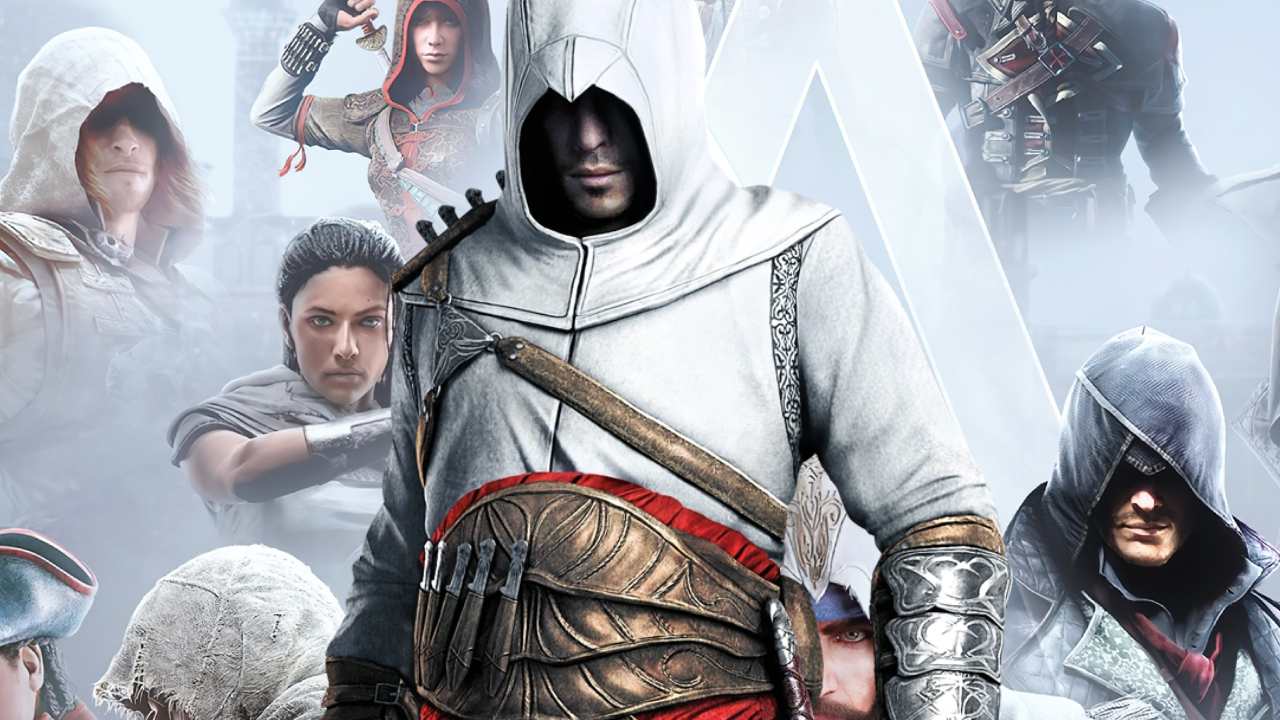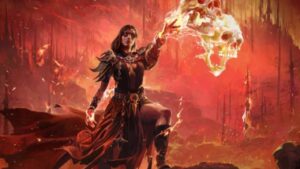Ubisoft’s Assassin’s Creed has been a constant in the games industry ever since its debut in 2007. While the series has braced some hard times—such as the historically bungled launch of AC: Unity—the historical assassin adventure series has continued and evolved to suit modern audiences.
In an interview with FRVR, Assassin’s Creed 3 creative director Alex Hutchinson explained that the series has been put in a rather prestigious group for a game series, becoming a “forever brand” that few other franchises manage to become.
Hutchinson, who recently released his unique co-op adventure game Revenge of the Savage Planet, explained that there are still issues with the modern series, such as the fact that it still continues to tell a modern day story so long after the death of Desmond Miles, by design, wrapped up the majority of intrigue for that era.
“I would just delete it all in the modern ones,” Hutchinson said about the modern day story. “But I think that’s the problem with franchises when the original owners have all left. They don’t quite know where the special sauce comes from, so they don’t take out anything.”
“I think it’s probably the only game franchise ever to just decide arbitrarily to change genres in the middle.”
Alex Hutchinson on the survival of Assassin’s Creed
Hutchinson explained that Assassin’s Creed it in a unique place to keep going, no matter what arcs stay and go over time. At its core, the series is about adventure, and you can always plug into a new past, as long as you do it well.
“It’s sort of a forever brand right? It’s because you know, each [game has] a new lead in a new place in a new period with new stuff,” he explained. “So, it’s just a framework that you can hang it on. I think it’s probably the only game franchise ever to just decide arbitrarily to change genres in the middle. I think they’ve done a great job, you know? And all that sort of stuff, and I hope they continue to. It’s not my cup of tea, I spent too many years on it so I don’t play a lot of the new ones.”
The creative director explained that the reason Assassin’s Creed was able to survive was largely due to how supportive Ubisoft is towards the ideas of its creatives. As Hutchinson said earlier, AC is one of the few franchises to jump into a brand-new genre and survive, not only survive but take exceed afterwards, and that’s all down to Ubisoft supporting devs taking huge risks.
“They were very supportive of risks,” Hutchinson said. “It was the only big studio still being run by the people that had founded the company. So they still cared about it and they valued risk whereas, say, EA, you get these awful execs and they never made games and they came from toothpaste companies, and they think if the prototype isn’t amazing it can’t be good. And they don’t know how to make anything creative.
“So that’s why I say EA never makes really new IPs unless something insane happens, and Ubi is very good at generating IPs. EA is a business that’s very good at sort of spinning its IPs, which Ubi never did as well—apart from AC probably—but UB is a very creative place.”
To this day, Ubisoft is still propelling Assassin’s Creed as its biggest, flagship brand, although now the company is doing so in league with Tencent. Alongside a Nintendo Switch 2 version of Assassin’s Creed Shadows coming later this year, the studio is also working on a number of new games, including the upcoming AC: Hexe game.
Unless something major happens, Hutchinson is right, Assassin’s Creed is a “forever brand”, and even if that reign ended, 20 years is one hell of a run.






